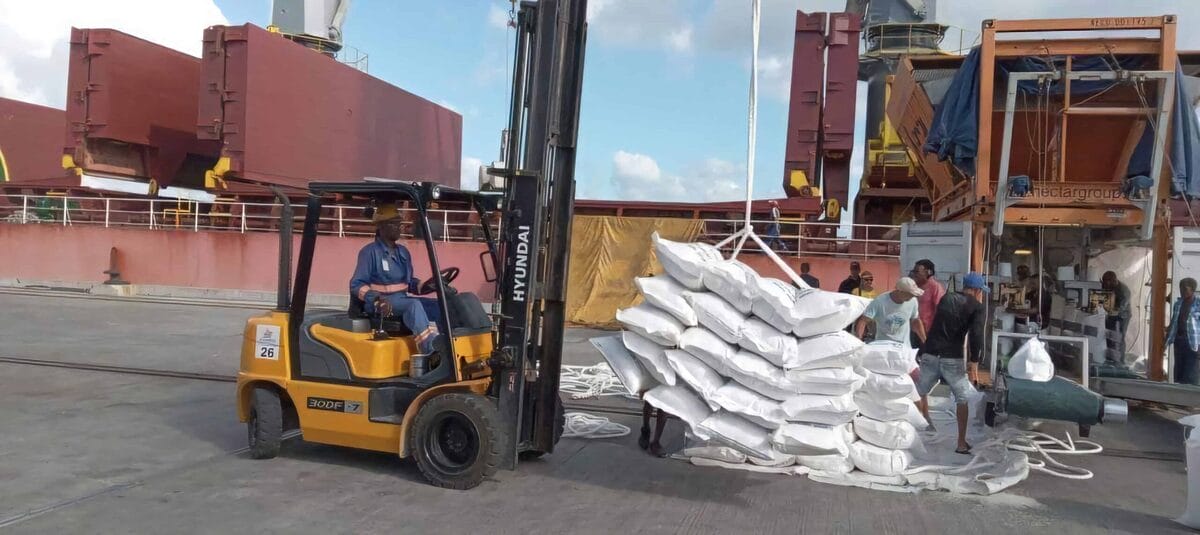There are several signs of this: Vladimir Putin’s spokesman Dmitry Peskov has admitted that payments are being delayed due to so-called secondary sanctions. He referred to threats of retaliatory action made in late December by the US Treasury against banks that do not faithfully comply with the sanctions.
This message was strongly received in China, the United Arab Emirates and Turkey. In these Russia-friendly countries, many banks have suspended many Russian accounts. Those who still agree to work with Russian intermediaries are exercising extreme caution and taking longer, weeks or even months, to deliver payments for transactions with Moscow.
Decline in Indian imports of Russian crude oil
Second turn of the screw in India: Refineries have banned the transportation of crude oil to the largest Russian company. Sovcomflot was banned by Reliance, the largest private refiner, and then by all its public and private competitors. The company transported about 15% of Russian crude oil destined for India. India, which has become the second-largest importer from the Urals after China since the ban was imposed, is in the process of diversifying its supply. Its Russian import volumes have declined since December and have been offset by purchases of Iraqi crude. India is also expected to receive a significant consignment of US crude oil in the coming weeks.
The screws have tightened, Russia’s oil revenues have declined, but not enough to call into question the Kremlin’s war financing. As the legal and commercial guerrilla war against Russian oil has so far yielded mixed results, Ukraine moved into military action in January. It severely damaged Russian refineries with its drone strikes, but quickly paid a price. About 20% of its electrical capacity was destroyed in retaliation by the Russian military.
The price of oil is decisive in this war
There are only losers in an energy war, both on the battlefield and in the economy. Apart from the damage and loss of life and property caused to Ukraine and Russia, the West fears most that the destruction of Russia’s strategic oil infrastructure will lead to higher oil prices. This would mean a new punishment for the Western economy, especially Europe, already weakened by rising gas prices.
“To bring Russia to its knees, we must first encourage a decline in prices,” advises Andrey Yermak, an adviser to Volodymyr Zelensky. In an article published in the Wall Street Journal on March 27, he recalls that the hellish collapse of the Soviet Union in 1986 – when a barrel of oil cost only $10 – led to the collapse of the Soviet Union. Today, the price of oil is $85 a barrel, a comfortable level for the Kremlin’s war machine.
 Play Crazy Game Trusted Gaming News Portal
Play Crazy Game Trusted Gaming News Portal



